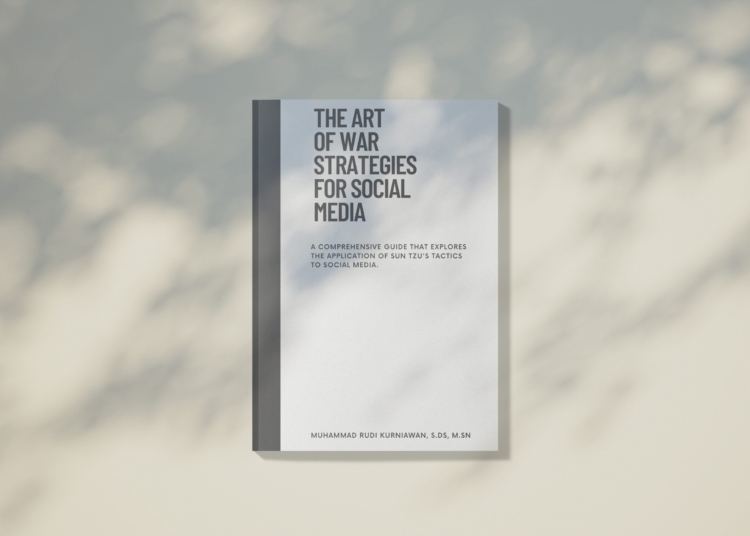“The Art of War” by Sun Tzu is a seminal work on military strategy that has influenced leaders for centuries. This article explores Sun Tzu’s timeless teachings, highlighting key lessons such as the importance of knowledge, the role of strategy, the art of deception, adapting to change, and leadership qualities. Sun Tzu’s principles extend beyond warfare and are applicable in various fields, including business, politics, and sports. The enduring legacy of “The Art of War” lies in its ability to provide valuable insights into human nature and guide individuals in overcoming obstacles through strategic thinking and effective leadership.
The Art of War: Exploring Sun Tzu’s Timeless Military Strategy and Its Lessons
Introduction
Strategic warfare has been a constant throughout history, and many military thinkers have emerged with their theories and tactics. However, one name that stands out above the others is Sun Tzu, a Chinese general, philosopher, and strategist. His book, “The Art of War,” is considered a definitive guide to warfare and has influenced military leaders for centuries. This article delves into Sun Tzu’s timeless military strategy and the valuable lessons it offers.
Background
Sun Tzu lived during the Spring and Autumn period of ancient China, around 500 BCE. He served as a general and military advisor to the King of Wu. Recognizing his exceptional strategic skills, Sun Tzu penned “The Art of War,” a treatise on military strategy that encapsulated his teachings and experiences.
Overview of “The Art of War”
“The Art of War” is divided into thirteen chapters, each addressing key aspects of warfare. Sun Tzu’s work encompasses a wide range of strategic principles, including the creation of an effective military force, tactical maneuvers, and understanding the psychology of one’s enemies. It is a comprehensive guide to achieve success on the battlefield and advance one’s interests.
Key Lessons from “The Art of War”
1. The Importance of Knowledge
Sun Tzu emphasizes the significance of understanding oneself, the enemy, and the battlefield. He stresses the need for thorough information gathering and analysis before engaging in any military action. Sun Tzu advises that those who possess better intelligence and knowledge will have a higher chance of victory.
2. The Role of Strategy
According to Sun Tzu, strategy is the key to success in warfare. He promotes the idea of winning battles without fighting, advocating for outsmarting the enemy through careful planning and manipulating their perceptions. Sun Tzu believes that the best victories are achieved through nuanced strategies that minimize loss of life and resources.
3. The Art of Deception
Sun Tzu highlights the importance of deception and psychological warfare. He encourages military leaders to exploit their opponents’ weaknesses and vulnerabilities, employing strategies such as feints, ambushes, and misdirection. The aim is to sow confusion and disarray among the enemy ranks, weakening their morale and resolve.
4. Adapting to Change
Sun Tzu emphasizes the necessity of adapting to changing circumstances on the battlefield and adjusting tactics accordingly. He urges military leaders to be flexible and open-minded, ready to modify their plans to counter unexpected developments. According to Sun Tzu, only those who can adapt swiftly will emerge victorious.
5. Leadership and Character
Sun Tzu believes that strong leadership is crucial in achieving military success. He stresses the importance of a leader’s character and qualities, such as integrity, courage, and wisdom. A good leader inspires loyalty, gains the respect of their troops, and effectively guides them to victory.
Legacy and Influence
“The Art of War” has had a profound impact not only on military strategy but also on various aspects of life. Its popularity extends beyond the realm of warfare, with many business leaders, politicians, and sports coaches drawing inspiration from Sun Tzu’s teachings. The principles outlined in the book have proven to be applicable in numerous arenas, including negotiation, conflict resolution, and strategic decision-making.
Conclusion
Sun Tzu’s “The Art of War” is a timeless masterpiece that offers valuable insights into military strategy and human nature. Its enduring relevance lies in its ability to transcend time and place, making it a work that continues to resonate with leaders and thinkers across different domains. Whether on the battlefield or in the boardroom, Sun Tzu’s lessons serve as a guide for achieving success and overcoming obstacles through strategic thinking and effective leadership.












